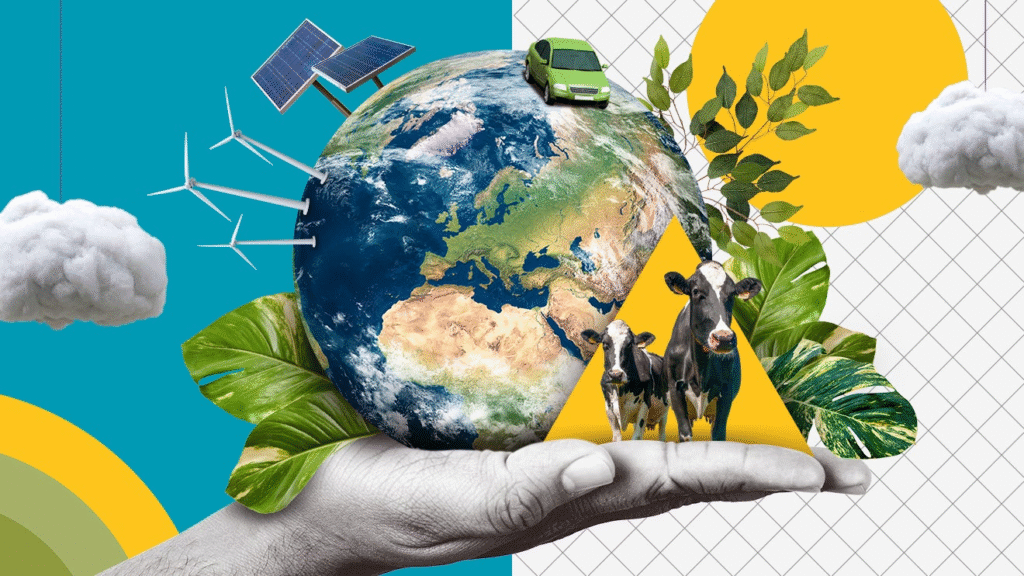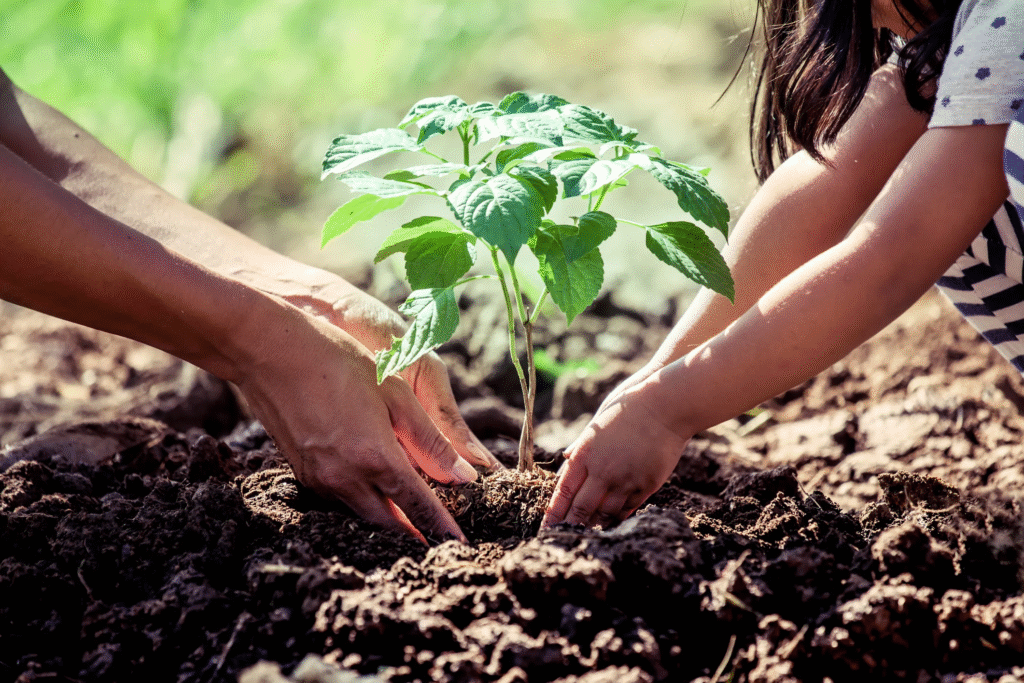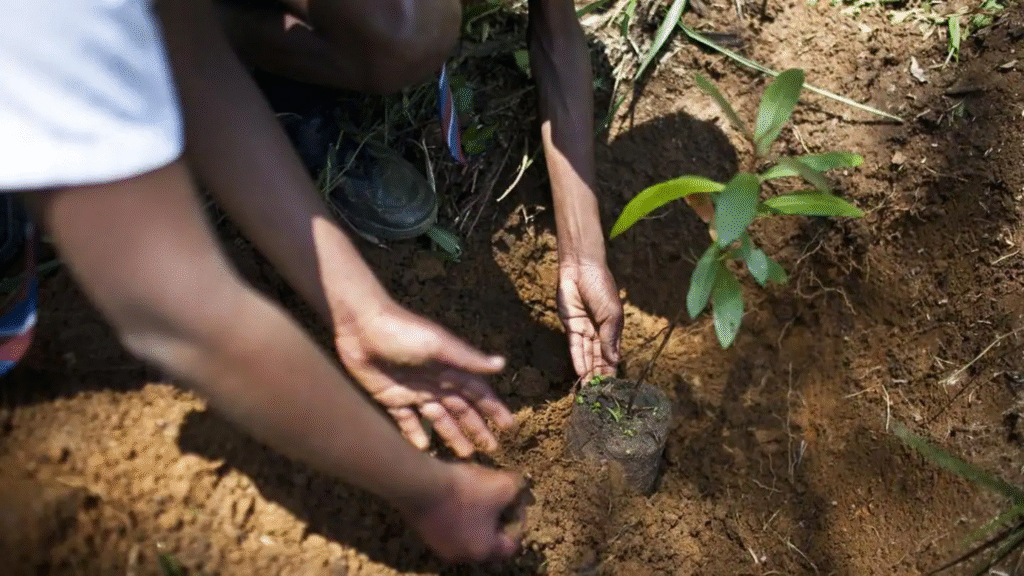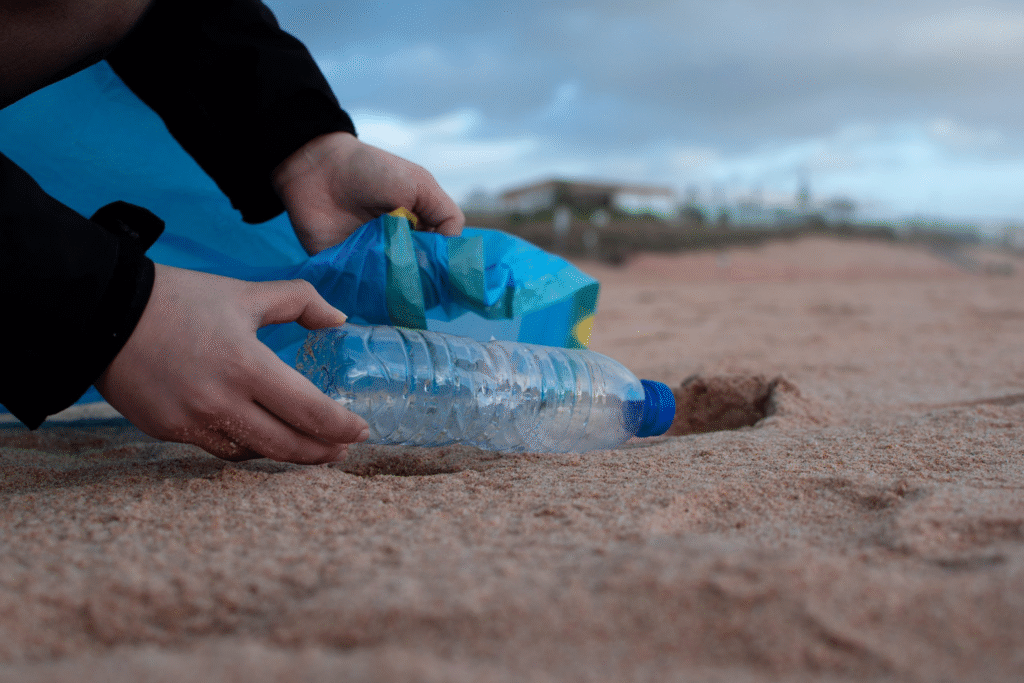The Urgency of Acting Now
Our planet is at a turning point. Scientists say that 2024 was the hottest year ever recorded, with temperatures rising 1.5°C higher than before the industrial age (United Nations, 2025). While world leaders debate policies, ordinary people also have great power to protect the environment by changing their daily habits.

Understanding Your Impact
Every person on Earth produces about 7 tons of carbon dioxide each year through eating, traveling, and using energy at home (Wikipedia, 2024). However, this number varies by country. People in the U.S. and Russia emit almost three times more, while people in India emit less than 3.5 tons. To meet the Paris Agreement goal of keeping global warming below 1.5°C, individuals need to cut their emissions to 2.3 tons by 2030 (UNEP, 2024).

Bangladesh is a strong example of how serious the effects of climate change can be. Even though it creates only 0.3% of the world’s greenhouse gases, it is among the top 10 most climate-vulnerable countries (Climate Reality Project, 2025). From 2000 to 2019, Bangladesh lost $3.72 billion to 185 climate disasters. About two-thirds of the country is less than 15 feet above sea level, putting millions at risk from rising ocean levels.
Reducing Energy Use at Home
Homes are a big source of carbon emissions. Families can cut energy waste by improving insulation, using energy-saving appliances, and installing smart thermostats. Replacing fuel-based heaters with electric heat pumps can reduce carbon output by about 900 kilograms a year (United Nations, 2024).

Using solar panels or choosing green energy plans can reduce emissions by 1.5 tons annually (United Nations, 2024). These choices not only help the planet but can also save money over time.
Changing Transportation Habits
How we travel affects the environment a lot. Walking, cycling, and using public transport produce far fewer emissions than driving. Living without a car can lower a person’s emissions by 2 tons each year (United Nations, 2024). Skipping just one international flight can save nearly 2 tons of carbon as well.
Rethinking Food Choices
Food plays a major role in global warming. Studies show that cutting down on meat and dairy is the single most effective personal action to protect the planet (Wikipedia, 2024). Animal farming causes pollution, deforestation, and high greenhouse gas emissions. Eating more plant-based foods, wasting less, and buying local products can make a big difference.

Reducing Waste and Overconsumption
Modern lifestyles produce too much waste. Every product we buy—from clothes to electronics—has a carbon cost from production and transport. Plastics alone created 1.8 billion tons of greenhouse gases in 2019, but less than 10% is recycled (United Nations, 2024).
Buying secondhand items, repairing broken things, and using products longer can greatly reduce waste and pollution. These habits also save resources and lower landfill waste.
Lessons from Bangladesh
Bangladesh has shown that adaptation is possible. The country reduced cyclone deaths by 100 times since 1970 using warning systems, 76,000 volunteers, and 6,000 km of embankments (World Bank, 2022). But by 2050, 18 million people may have to move because rising seas could flood 11% of the country (Climate Reality Project, 2025).
Between 2018 and 2024, temperatures in Bangladesh rose by 1.4°C, while rainfall dropped by 300–600mm, especially in coastal regions. Sea levels rose 5.3 cm in Khulna, and national crop production fell by 14–16% (Fortune Journals, 2025).
The Power of Personal Choices
While government and business actions are vital, personal choices can spark bigger change. When people act together—saving energy, avoiding waste, and demanding green products—they can shift social norms and push leaders to act responsibly.1

The richest 10% of people produce half of all global emissions (UNEP, 2021), so wealthier communities have a greater duty to change. Still, everyone can help, no matter their income, through smarter energy use, travel, food, and waste habits.
Conclusion: Every Step Counts
Climate change is the biggest threat humanity faces, but our daily actions can make a real difference. By saving energy, using renewables, rethinking transport, choosing plant-based foods, and cutting waste, we can all help protect the Earth. The message is clear: we must act now. Every small effort adds up, and the choices we make today will shape the planet’s future.
References
Climate Reality Project. (2025). How the climate crisis is impacting Bangladesh. https://www.climaterealityproject.org/blog/how-climate-crisis-impacting-bangladesh
Fortune Journals. (2025). Climate change impacts and regional adaptation patterns in Bangladesh: Evidence from 2018–2024. https://www.fortunejournals.com/articles/climate-change-impacts-and-regional-adaptation-patterns-in-bangladesh-evidence-from-2018ndash2024.html
United Nations. (2024). Actions for a healthy planet. https://www.un.org/en/actnow/ten-actions
United Nations. (2025). Climate action fast facts. https://www.un.org/en/climatechange/science/key-findings
United Nations Environment Programme. (2021). The gathering storm: Adapting to climate change in a post-pandemic world.
United Nations Environment Programme. (2024). Emissions gap report 2024: No more hot air… please! https://www.unep.org/resources/emissions-gap-report-2024
Wikipedia. (2024). Individual action on climate change. https://en.wikipedia.org/wiki/Individual_action_on_climate_change
World Bank. (2022). Key highlights: Country climate and development report for Bangladesh. https://www.worldbank.org/en/news/feature/2022/10/31/key-highlights-country-climate-and-development-report-for-bangladesh
World Bank. (2024). Addressing environmental pollution is critical for Bangladesh's growth and development. https://www.worldbank.org/en/news/press-release/2024/03/28/addressing-environmental-pollution-is-critical-for-bangladesh-s-growth-and-development

